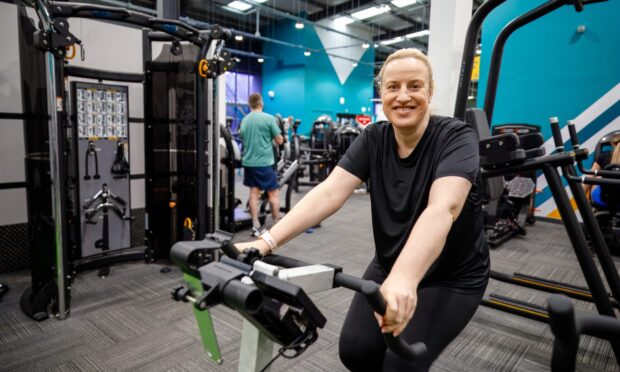It’s World Alzheimer’s Day on Wednesday and Alzheimer Scotland has something to celebrate – the charity’s Dementia Friends programme is now supported by more than 25,000 people of all ages and from all walks of life.
Launched in October 2014, it’s the biggest ever national initiative to change people’s perceptions of dementia.
Around 90,000 people in Scotland have dementia and it’s vital to remember that a person with dementia is an individual with a life history, skills and experience and so Dementia Friends offers top tips to engage with that person.
Speak clearly – use simple short sentences and avoid direct questions. Keep choices to a minimum.
Body language – listen carefully to what the person has to say, giving plenty of encouragement, whilst looking out for other clues of what they might be trying to communicate.
Show respect and patience – adapt what you are saying if the person with dementia does not understand it. Allow them time to find the words.
Noise – a person with dementia may have difficulty listening if there are a lot of different noises around them so take them soewhere quiet.
Finding the way – people with dementia may have forgotten where things are or they may not recognise everyday objects. They may need you to guide them to where they want to go.
Feeling lost – sometimes people with dementia may feel lost in familiar places or forget where they live. If someone is lost and distressed offer to help by asking if their address is on something they might have in their pocket or bag. If necessary, the police can help.
Time – people with dementia have difficulty at times processing information, so any activity will take longer than it used to. Don’t rush them.
Every day can be different – for some people with dementia what they can do changes from day to day so look out for signs and offer help when needed.
Whose reality? – the person may say something that does not make sense to you. Avoid making them feel embarrassed or foolish by contradicting them.
For more info visit www.dementiafriendsscotland.org or email dementiafriends@alzscot.org
Did you know?
The word dementia describes a group of symptoms that may include memory loss, difficulties with planning, problem-solving or language and sometimes changes in mood or behaviour.
Dementia is not a normal part of ageing. It is caused by diseases which lead to changes to the structure and chemistry of the brain.
Dementia doesn’t just affect older people. Over 3,000 people in Scotland under the age of 65 have some form of dementia. This is often referred to as early-onset or young onset dementia.
The chance of developing dementia increases with age. One in 14 people over 65 – and one in six people over 80 – has dementia.
Dementia occurs when the brain is damaged by disease. There are many known causes of dementia. The most common is Alzheimer’s disease. This changes the chemistry and structure of the brain, causing brain cells to die.
Dementia is more common among women than men.
Researchers suggest that one in three babies born in 2015 will go on to develop dementia in their lifetime, unless a cure or a vaccine can be found.










